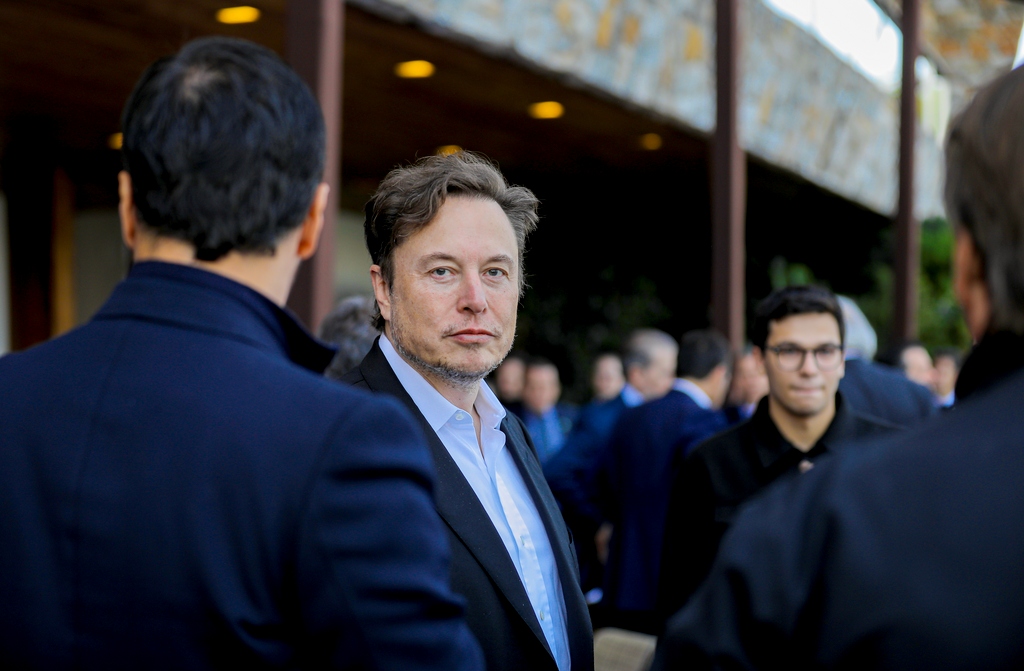A U.S. judge has ruled that a lawsuit filed by 14 states against Elon Musk’s Department of Government Efficiency (DOGE) can move forward. The lawsuit challenges Musk’s authority to implement cost-cutting measures without Congressional approval, a significant legal development that could shape the future of executive powers in the U.S. government.
This lawsuit, which comes after the dismissal of a high-profile $258 billion class action lawsuit accusing Musk of manipulating Dogecoin (DOGE), underscores Musk’s ongoing legal challenges. The court dismissed the claims against President Trump personally, but the case against Musk and DOGE remains active, further complicating the legal landscape surrounding Musk’s businesses and governmental activities.
Despite the dismissal of the earlier Dogecoin-related lawsuit, Musk’s legal troubles continue to escalate. The federal judge’s ruling on the states’ lawsuit comes amid other significant developments, including a temporary halt by the U.S. Supreme Court on orders requiring DOGE to turn over certain records to a government watchdog. This decision grants the court additional time to assess the Justice Department’s request to block the previous lower court’s order.
This ruling marks a continuation of Musk’s legal entanglements, both in the private and public sectors, as the U.S. legal system examines his authority and influence, particularly in matters involving government efficiency and corporate actions.
As the lawsuit proceeds, it highlights the increasing scrutiny of Musk’s actions and the broader implications for executive power in the United States. With additional legal motions likely to arise, the coming months will be critical in determining the outcome of this legal battle and its impact on both Musk’s enterprises and the regulatory environment at large.


